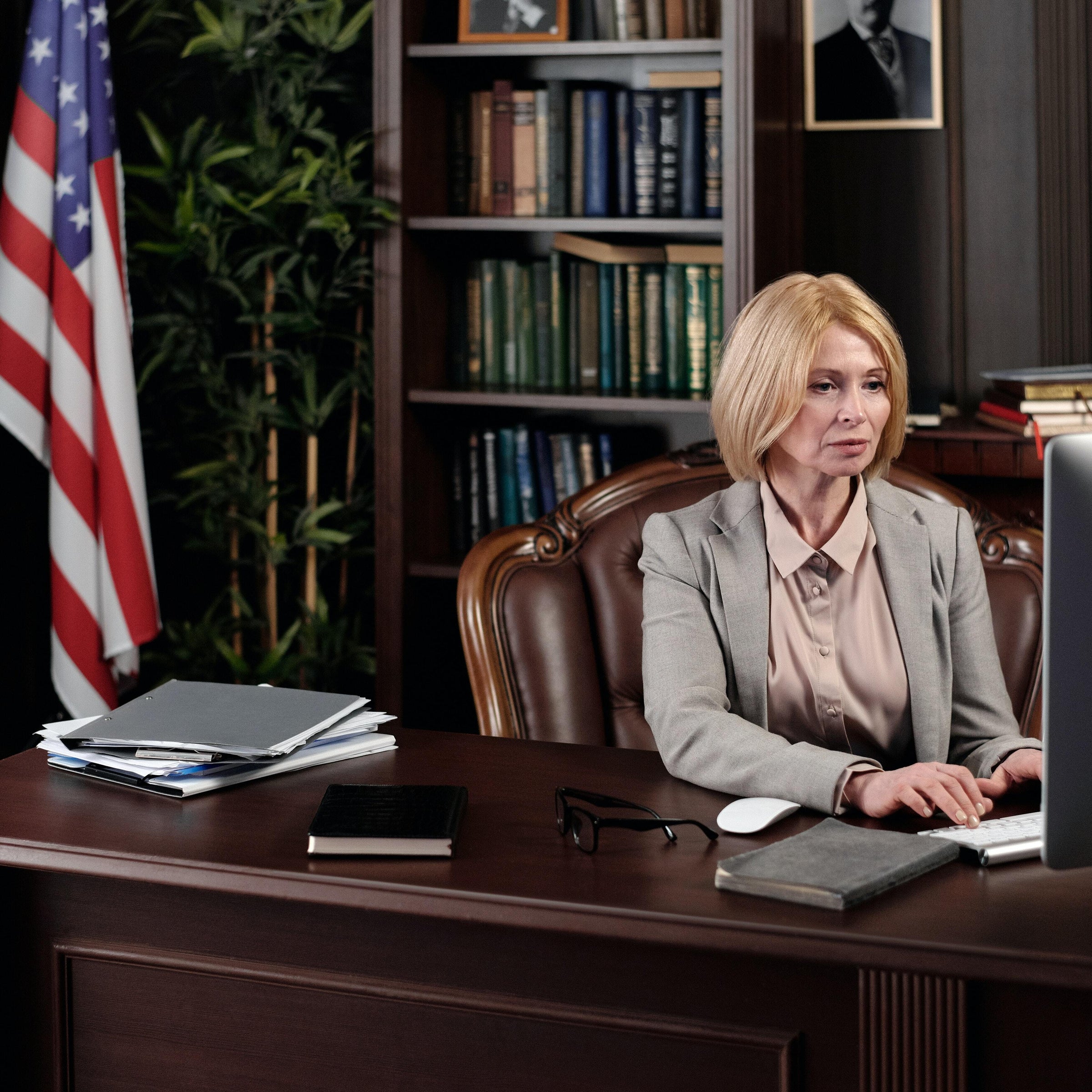Revealing the Knowledge and Jobs of an Appellate Lawyer
In the detailed realm of appellate legislation, the duty of an attorney tackles a distinct type calling for specialized skills and experience. An appellate attorney is charged with a myriad of responsibilities that go beyond the typical practices of litigation. From thoroughly crafting influential legal briefs to developing the art of dental advocacy, their contributions are crucial in shaping the outcome of situations at the appellate degree. As we explore the complex globe of appellate legislation, a closer evaluation of the necessary abilities and jobs of these professionals unveils a fascinating landscape that demands both accuracy and calculated acumen to browse efficiently.
The Duty of an Appellate Attorney
In the realm of appellate regulation, the function of an appellate attorney is critical in browsing the complexities of greater court proceedings and supporting for clients looking for appellate testimonial. Appellate attorneys concentrate on dealing with instances on appeal, where the focus changes from facts and evidence offered at test to legal disagreements and step-by-step issues. Their main duty is to review trial records, recognize lawful errors, carry out legal research study, draft influential briefs, and present oral disagreements prior to appellate courts.
In addition, appellate lawful specialists offer as critical consultants to test attorneys, assisting them on protecting lawful problems for prospective allure and establishing strong lawful arguments throughout the test procedure. They need to possess a deep understanding of appellate rules, treatments, and case regulation to successfully represent their clients' interests. Furthermore, appellate attorneys play an important duty in forming the regulation by supporting for lawful principles that can establish precedents affecting future cases. Overall, their know-how and campaigning for abilities are necessary in seeking justice for clients through the appellate process.
Important Skills for Appellate Job
Appellate lawful specialists should have exceptional study abilities to dig into case regulation, laws, and legal precedents to construct convincing lawful disagreements. Creating abilities are critical, as appellate job calls for composing clear, concise, and engaging lawful briefs that articulate complicated lawful concerns persuasively.
Moreover, important thinking abilities are important for appellate legal experts to evaluate lawful methods, prepare for counterarguments, and identify weak points in opposing counsel's positions. In essence, a successful appellate lawful expert possesses an unique mix of analytical, study, composing, and campaigning for skills to excel in the appellate arena.
Crafting Persuasive Legal Briefs
Given the foundational value of exceptional research abilities and a deep understanding of procedural regulations for success in appellate job, crafting convincing legal briefs stands as a vital job for appellate attorneys. Lawful briefs act as the key device for presenting arguments and lawful analysis to appellate courts - appeals lawyers in plano. To craft a persuasive legal short, appellate experts need to carefully structure their debates, cite appropriate lawful authority, and prepare for and counter prospective counterarguments
The influential power of a legal short hinge on its capability to clearly and persuasively verbalize the lawful issues, assess significant situation law, and apply the regulation to the realities of the situation at hand. Appellate legal specialists must demonstrate a keen capacity to distill intricate lawful principles right into compelling and concise disagreements that sustain their customer's placement. In addition, crafting a convincing legal brief involves not just providing a strong legal disagreement yet additionally weaving an engaging narrative that engages the reader and strengthens the preferred outcome. Grasping the art of crafting influential legal briefs is crucial for appellate lawful specialists seeking success in supporting for their clients prior to appellate courts.

Preparing for Dental Debates
An important aspect of the appellate process entails extensive prep work for providing dental arguments on trial - post conviction lawyer. Planning for oral disagreements requires a thorough understanding of the case, experience with lawful precedents, and the capability to respond and expect to inquiries from the judges. Appellate legal experts have to thoroughly assess the record, identify essential lawful concerns, and craft persuasive arguments to support their customer's placement
Before the dental debate, lawyers need to participate in moot court exercises to mimic the court experience and get responses on their discussion. This method permits them to refine their arguments, enhance their shipment, and improve their capability to resolve tough questions effectively.

Browsing the Appeals Process
Effectively navigating the appeals process calls for a critical understanding of step-by-step regulations and timelines within the appellate court system. The procedure normally starts with filing a notice of allure within a defined duration after a final judgment is entered at the high court degree (peoria illinois appeal attorneys). When the notification of allure is submitted, the appellant needs to then assemble the record on charm, which consists of relevant files, records, and shows from the high court proceedings

Throughout this procedure, appellate lawful specialists have to stick to strict procedural rules and deadlines to ensure their arguments are heard and considered by the appellate court. By mastering these complexities, lawyers can efficiently navigate the appeals process and advocate for their clients' interests.
Conclusion
Finally, the knowledge and tasks of an appellate legal professional are crucial in navigating the facility allures process. With important skills in crafting persuasive lawful briefs and planning for dental disagreements, Continue these professionals play an important role in supporting for customers in appellate court. By comprehending the nuances of appellate job and having the essential abilities, appellate lawyers are outfitted to successfully represent clients in the charms procedure.
Furthermore, appellate lawful professionals offer as calculated advisors to test lawyers, directing them on preserving lawful issues for possible charm and developing solid legal debates throughout the test process. Appellate lawful specialists should possess phenomenal research study skills to dig into situation law, laws, and legal criteria to construct convincing legal disagreements.Given the foundational importance of outstanding research abilities and a deep understanding of procedural policies for success in appellate work, crafting convincing lawful briefs stands as a vital job for appellate legal specialists. Mastering the art of crafting convincing lawful briefs is important for appellate lawful professionals seeking success in supporting for their clients before appellate courts.
Appellate lawful experts should meticulously review the record, determine vital legal problems, and craft influential arguments to support their client's setting.